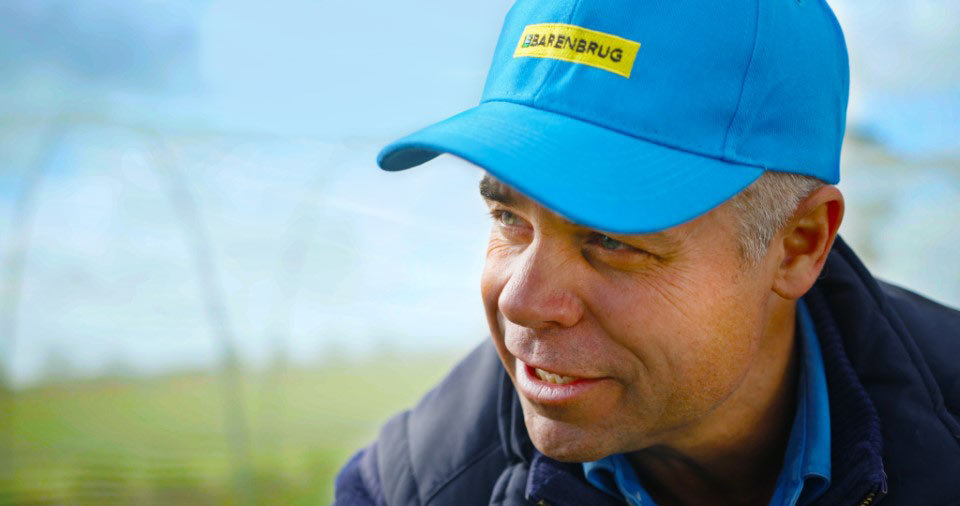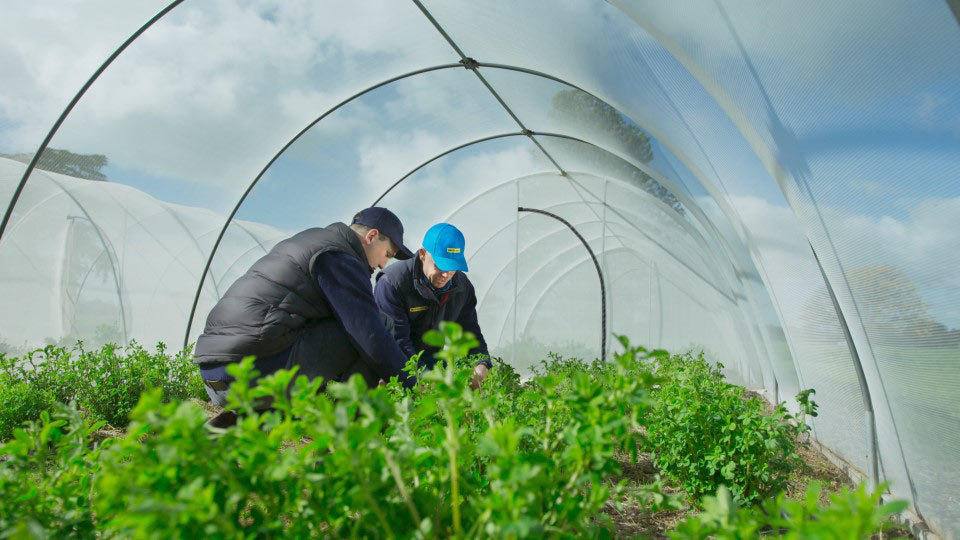Australia
October 6, 2022
Our food depends on soil and weather, and the skill of those who grow it. For our pasture and grains to feed livestock, our seeds need to meet the needs of farmers’ systems. Seed production evolves with changing environmental and market climates.
Bringing a new seed variety to market can take many years from concept to commercialisation – as long as 15 years in some instances. The desired outcomes of what the new variety will deliver can be improved yield, persistence, climate tolerance or disease and insect protection and will be largely driven by customer demand.
It all starts with the very essence of a seed – the germplasm and the genetic traits it contains. Research is undertaken to Identify a plant whose genes have the potential to deliver the desired outcomes. For example, identifying genotypes in ryegrass that deliver improved nitrogen and water use will improve yield and persistence in tougher environments.
From this initial research, there is potentially thousands of genetic variations. The process of breeding, growing and testing ‘weeds’ out the ones that won’t make the grade. Production and commercialisation of those that show promise can take up to 5-8 years.
Taking a long-term vision on seed breeding is therefore vital to ensuring the viability of new seed varieties that meet the needs of the farmer, while still providing a return to those who developed the seed.

25 years of plant breeding
For Barenbrug Australia, research and development of new seed varieties has been undertaken for around 30 years. The knowledge and technical expertise developed in that time is well recognised in the industry and due in part to the commitment of employees such as Allen Newman, Southern Plant Breeding Manager in Howlong, NSW now celebrating 25 years with the company.
In his time, Allen has seen the company evolve from a broadacre focus to a specialist pasture company with more than 95 varieties under the Plant Breeders’ Rights (PBR) taken to commercial realisation.
“Change in the agricultural world is increasing at a far faster rate than it did 25 years ago,” says Allen.
“It is an exciting time to be involved in research and development as we look to develop varieties that not only have genetic gains in terms of yield or nutrition that are important traits for farmers, but also in terms of responding to policy change such as nitrogen efficiency and water usage. One such example that comes to mind is forage barley. When it was first developed, forage barley did not exist – it was a significant leap for its day, and now most forage barleys on the market are based on that original variety.
“We now have the tools, knowledge and emerging technology within Barenbrug to fast track genetic gain and respond more rapidly to a changing market environment.”
The range of seed varieties that Barenbrug has been able to provide domestic and international markets has been enabled through partnerships with organisations such as NuSeed and SARDI to bring forward high quality crops for both temperate and tropical environments. Development of lucerne, sunflowers and sorghums has been strengthened with industry experts such as Allen and Chris Haire, both of whom have been in the industry for many years.
The next generation of breeding
Understanding the future needs of plant breeding and market demands has seen Barenbrug invest in new technologies and tools to better understand those requirements. With globally appointed Luke Pembleton, analysis of breeding potential and modelling has given Barenbrug an opportunity to determine which genetic traits will give the best probable outcomes. It has also shortened the initial plant cross process from several years, down to several months with the aid of computer based modelling.

The final piece in the puzzle to produce quality seed that delivers on promise, is seed coating technology to improve germination, insect protection and ease of planting. To improve the coating, ensure quality and provide better guarantees of success rates, Barenbrug is investing in seed laboratories in Toowoomba, under the guidance of seed technology specialist, Paulo Ramalho who has recently joined the Australian team from Barenbrug Brazil.
On his recent visit to Barenbrug Australia, Piet Arts, Global Research Director for Barenbrug, said globally the company has a competitive portfolio and doing very well in the industry.
“We are fortunate to have such a diverse team around the world and some very interesting breeding programs. This was very evident at the recent Global Breeders meeting that is held every three years.”
He also encouraged researchers and breeders to not be afraid of trying new things as it is a ‘breeding ground for innovation’.